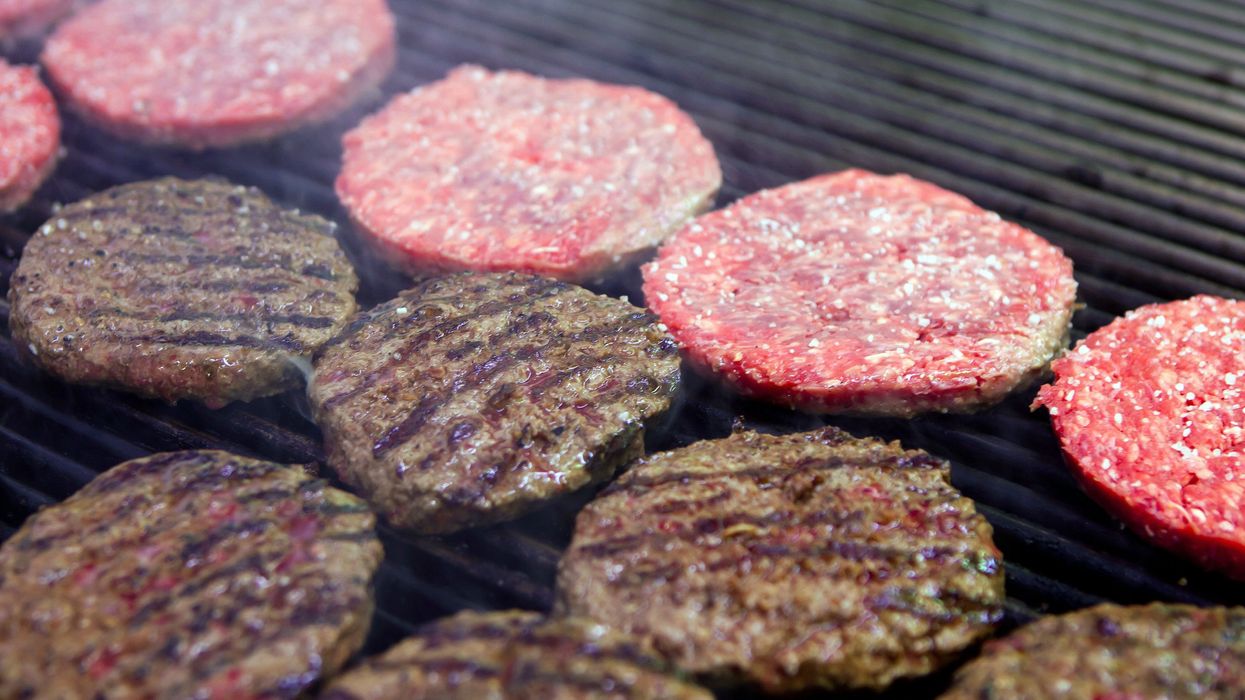
Mario Proenca/Bloomberg via Getty Images

Meat eaters, however, still have a higher risk of heart disease
If you were considering swearing off meat for health reasons, maybe don't throw away that bacon cheeseburger just yet. At least not if all that you're trying to prevent is a stroke. A report by researchers at Oxford published in the British Medical Journal found that out of nearly 50,000 people studied, vegetarians and vegans had a 20 percent higher rate of stroke than meat eaters.
This peer-reviewed study was written by a team led by Tammy Tong, a nutritional epidemiologist at the University of Oxford.
The study looked at 48,188 people, 51 percent of whom (24,428) ate meat, 16 percent were pescatarians (7,506), and the remaining 34 percent (16,254) were vegetarian or vegan (percentages are rounded).
While the study found that pescatarians and vegetarians both had a lower risk of ischaemic heart disease (13 percent for pescatarians and 22 percent for vegetarians). However, "vegetarians had 20% higher rates of total stroke ... than meat eaters, equivalent to three more cases of total stroke ... per 1000 population over 10 years, mostly due to a higher rate of haemorrhagic stroke." Comparatively, vegetarians had 10 fewer cases of heart disease for the same group size and time period.
Tong told CNN that while it wasn't clear what caused this increase in stroke risk, it could be caused by "very low cholesterol levels or very low levels of some nutrients." While still having a lower risk of heart disease than meat eaters, pescatarians did not have the increased risk of stroke that vegetarians exhibited.
She also stressed to Time magazine that there still seemed to be benefits to vegetarianism since "[t]he lower risk of heart disease does seem to outweigh the higher risk of stroke."